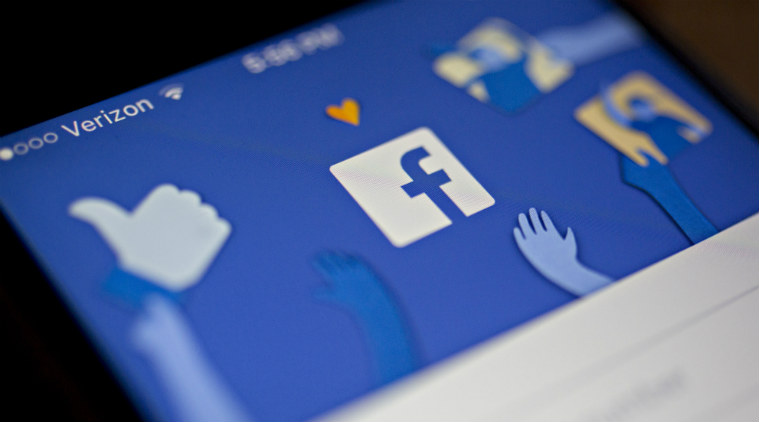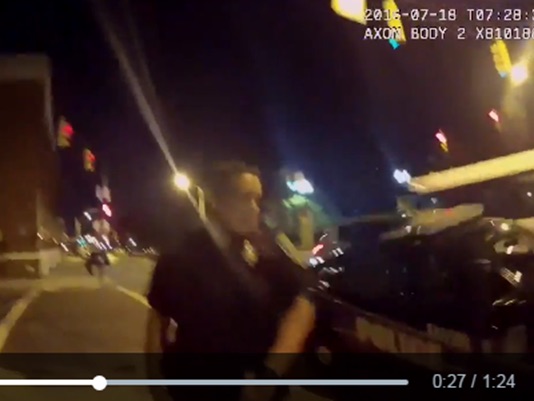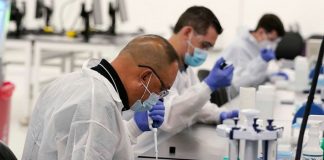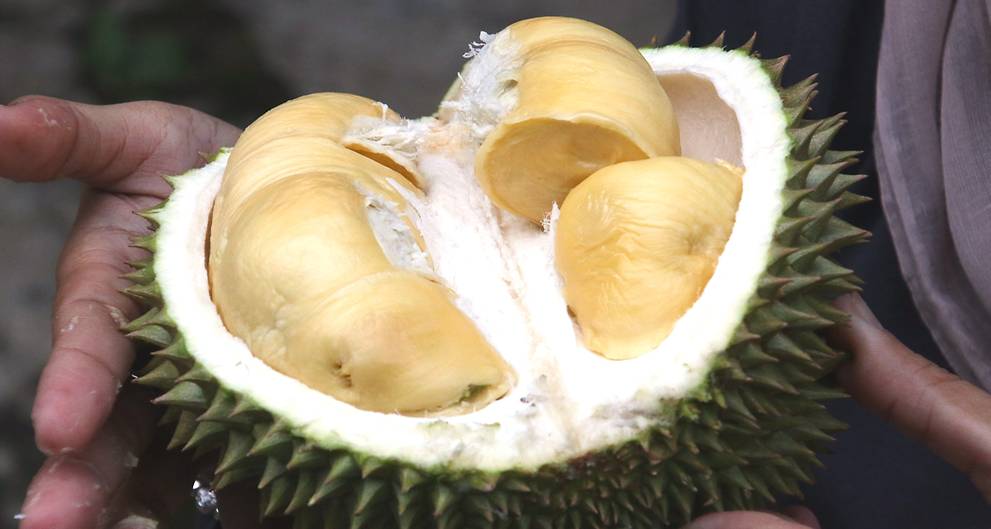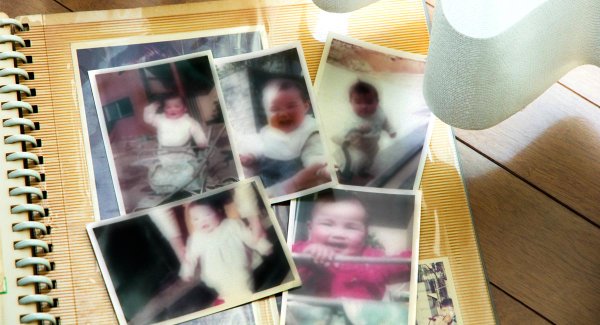
YOUR earliest childhood memories could be nothing more than fake stories, experts have revealed.
New research shows that people can’t form memories until 3 or 3.5 years of age and even then, memory isn’t fully developed until adolescence. Still, many people claim to have memories from their infancy.
A new study conducted by researchers from City, University of London, the University of Bradford and Nottingham Trent University found that many of our earliest memories are actually fake.
This is because people over time come to create a false memory around snippets of information, such as being told a story about being a baby or looking at an old photograph.
The researchers found that this was so common that 40 percent of people have a fictional first memory.
The study was the largest survey of first memories ever conducted and the results were published in the journal Psychological Science.
6,641 people were asked to recall their first memory and what their age was at the time for the study.
“In our study we asked people to recall the very first memory that they actually remembered, asking them to be sure that it wasn’t related to a family story or photograph,” said Martin Conway, a co-author of the research. “When we looked through the responses from participants we found that a lot of these first ‘memories’ were frequently related to infancy, and a typical example would be a memory based around a pram.”
38.6 percent of the participants said their first memory was from age two or younger and 893 people claimed to have memories from one or younger.
Middle-aged and older adults were more likely to report first memories from these younger ages than other survey responders.
No matter how sure the participants were that their first memory was from such a young age, the fact of the matter is memory simply can’t be formed at those ages according to current studies.
This led the researchers to explore what underlying factors were causing the false memories.
One possibility is that the memories are actually based on remembered fragments of early experiences, photographs, and family stories that are pieced together to form a mental representation that morphs into a memory through the years.
“We suggest that what a rememberer has in mind when recalling fictional improbably early memories is an episodic-memory-like mental representation consisting of remembered fragments of early experience and some facts or knowledge about their own infancy/childhood,” said Shazia Akhtar, the first author of the study. “Such episodic-memory-like mental representations come, over time, to be recollectively experienced when they come to mind and so for the individual they quite simply are ‘memories’ which particularly point to infancy.”
Interestingly, the person remembering doesn’t realize the memory is fake and the researchers found that when participants were told their first memory was false they didn’t believe it, showing just how deeply ingrained mental representations of early events are.






